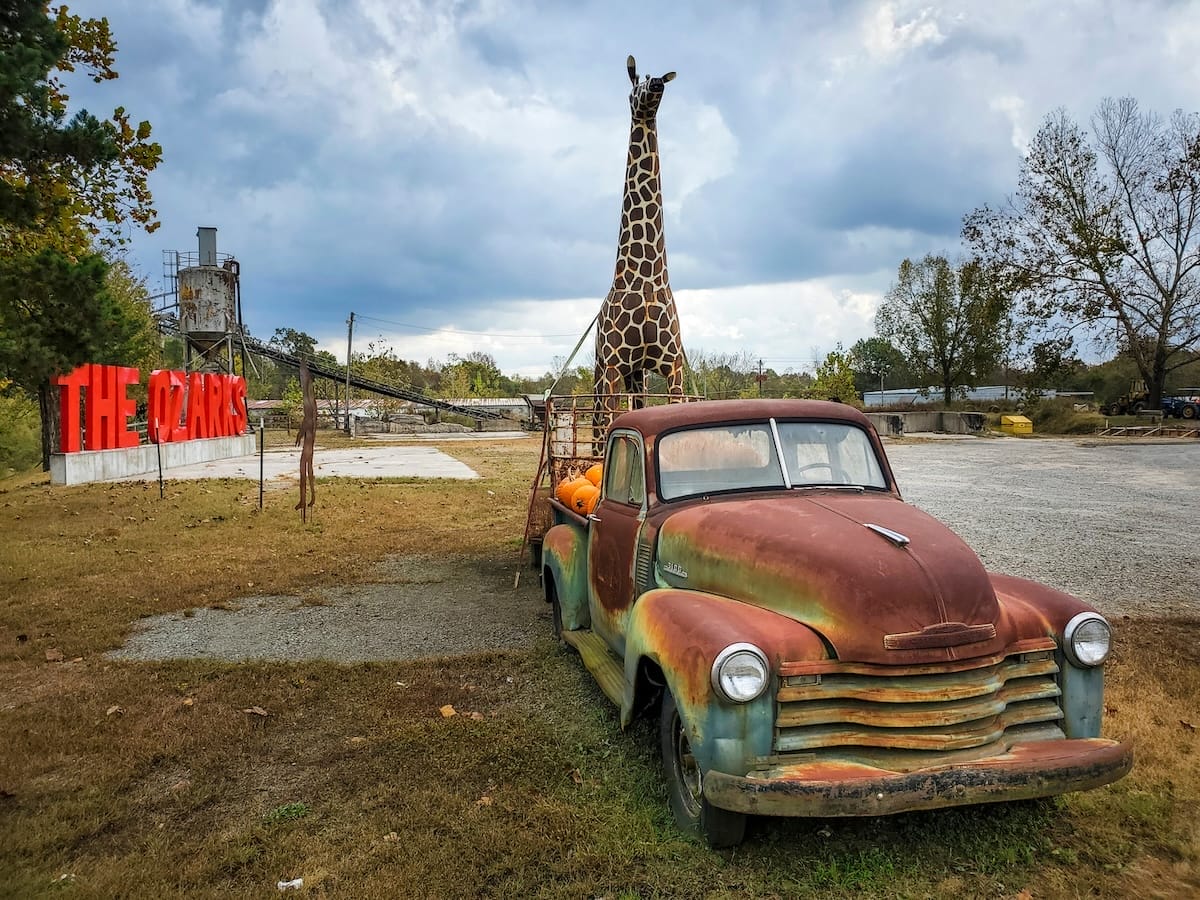

Uh oh...
It appears that you're using a severely outdated version of Safari on Windows. Many features won't work correctly, and functionality can't be guaranteed. Please try viewing this website in Edge, Mozilla, Chrome, or another modern browser. Sorry for any inconvenience this may have caused!
Read More about this safari issue.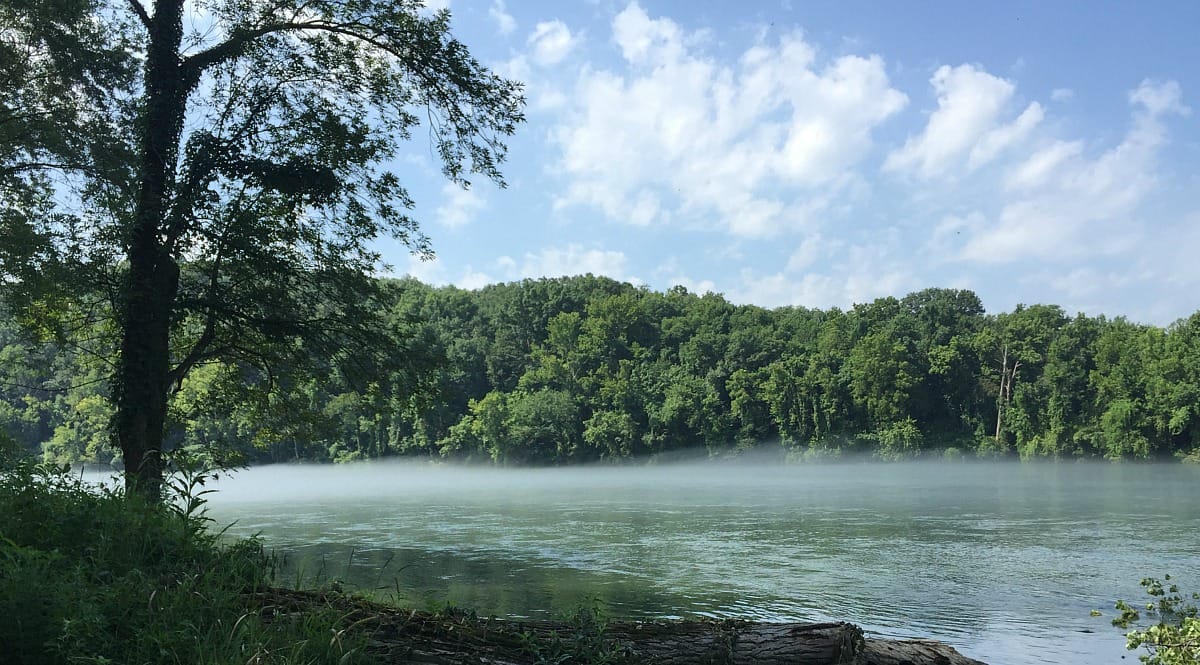

If you’re interested in flora and fauna of The Natural State, consider becoming an Arkansas Master Naturalist. I did! In May, I graduated from the 2018 Northwest Arkansas Master Naturalist Class (Washington County Chapter). Joining the group has been one of the most enjoyable, eye-opening things I’ve done since moving back home to Arkansas.
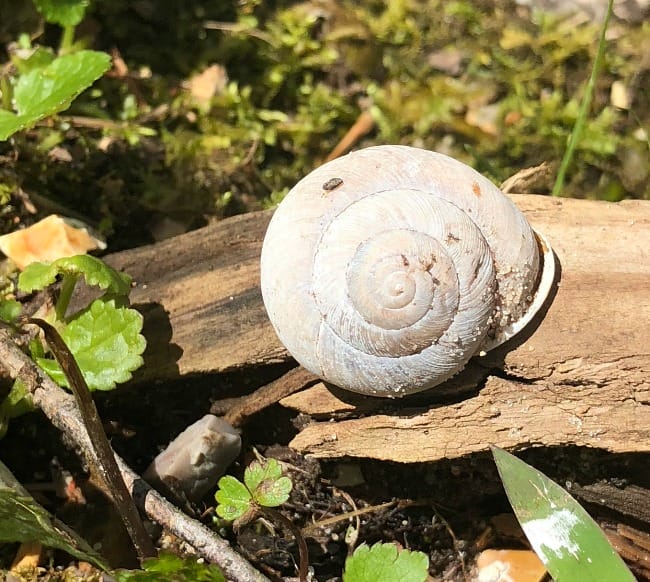
No, being a Master Naturalist is NOT the same thing as being a nudist. (Haha! I bet the thought crossed the minds of a few of my fellow Arkansawyers…)
The statewide program is a volunteer, nonprofit organization dedicated to education and giving back to communities throughout Arkansas. Since origination, membership has expanded from a handful of folks in central Arkansas to a current membership of approximately six hundred individuals among seven chapters. No matter where you live, there’s a chapter in your corner of Arkansas.
Chapters include Foothills, Diamond Lakes, Western, North Central, Central, Northeast, and Northwest. The Northwest Arkansas Chapter has expanded to include three groups—Eureka Springs, Benton County, and Washington County. The continued interest and growth of the Master Naturalist program indeed provides a positive statement on the nature of Arkansas.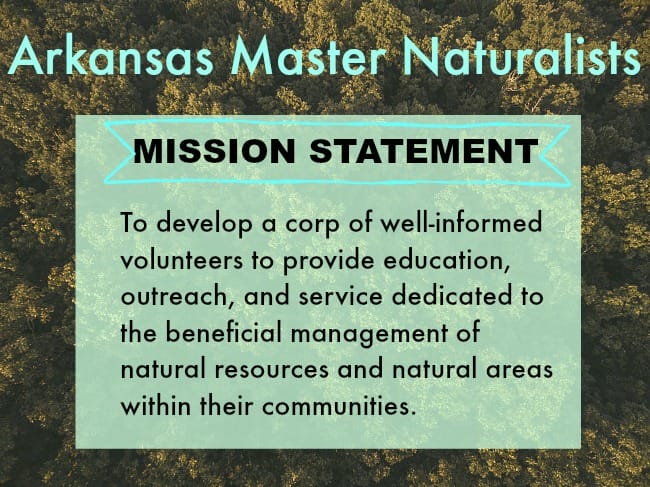
Why did I join?
I LOVE the outdoors. I spend my free time working in my garden, walking and exploring hiking trails and parks, watching birds and trying to lure different species to my feeders. My ideal getaway is a trip to Lake Norfork or a float trip down the Buffalo River. When I spend a few days back home on our farm in northeast Arkansas, I find myself studying animal tracks in the turnrows beside the rice fields. Give me a spade and garden clippers, and I’m in my element.
I’m CONCERNED about the environment. I worry about the loss of habitat for deer and diminishing numbers of monarch butterflies. I want to maintain a nature-friendly garden without chemicals that poison our soil and water and bodies. I choose paper over plastic and prefer that my dollars benefit local and sustainable businesses.
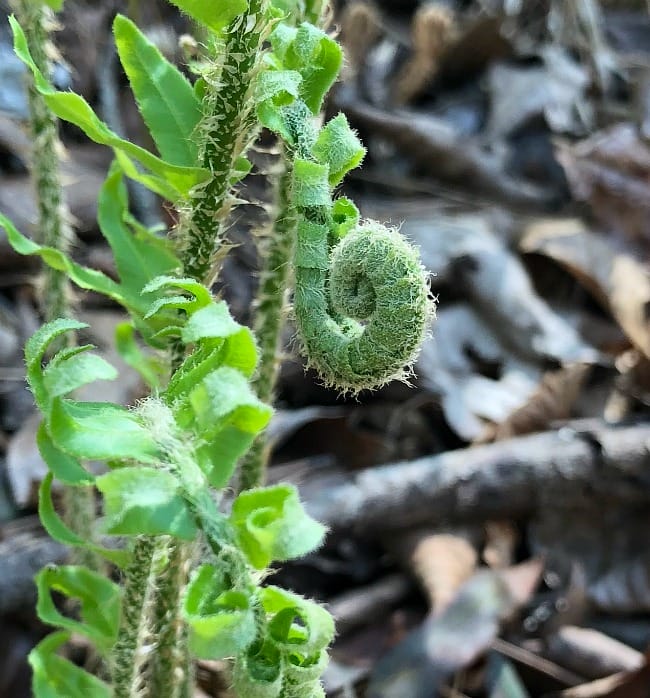
I want to LEARN more about Arkansas nature. Education is the key to becoming a better steward of our limited resources. From beneficial insects to growing native plants over introduced species, the more I learn, the more Arkansas reveals her secrets to me.
I want to GIVE BACK and SHARE THE KNOWLEDGE. Call it a raised awareness or simply the result of being immersed in a place that offers so much natural beauty, but doing my part to help maintain our state’s wildlife, clean water, trails, and parks have become a priority for me.
I want to MEET like-minded people. What’s more fun than removing invasive honeysuckle or repairing a walking trail at Mount Kessler? Removing invasive honeysuckle and repairing trails with twenty new friends who get a thrill over uncovering a morel mushroom in the forest. If you are an environmental enthusiast, having a nature-loving tribe can be life-changing.
How to Join
It’s easy!
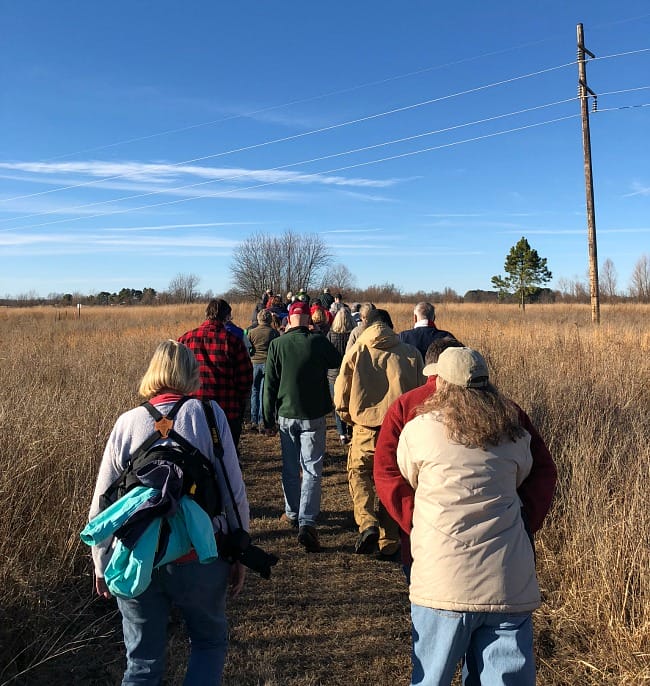
Classes begin each year in January. You can download membership applications from the Arkansas Master Naturalist website at http://wordpress.arkansasmasternaturalists.org/. (From the Arkansas Master Naturalists home page, click on the top menu link How Do I Join? and scroll to locate the chapter in your area. Certain chapters may have fall classes, so be sure to check the calendar.)
To fulfill the initial requirements, naturalists-in-training are required to complete 40 hours of classroom training from the approximately 60 hours of training offered. Classes are typically held on Saturdays from 9 a.m. – 3 p.m. Optional weekend retreats throughout the state provide excellent opportunities for advanced training.
The cost of initial training is $165.00—$135 for materials and $30 for annual dues. As a recent graduate, I can testify to the value of this fee. Not only will you receive training from highly knowledgeable naturalist volunteers, but you will also receive written material and several fantastic books related to birding, native plants, and other topics, along with a T-shirt and an official name tag.
In May, after completing the educational requirements, in-training students will graduate to Arkansas Master Naturalist. To qualify as a Certified Master Naturalist, 40 hours of volunteer work and 8 hours of advanced training are required annually.
What I’ve Learned So Far
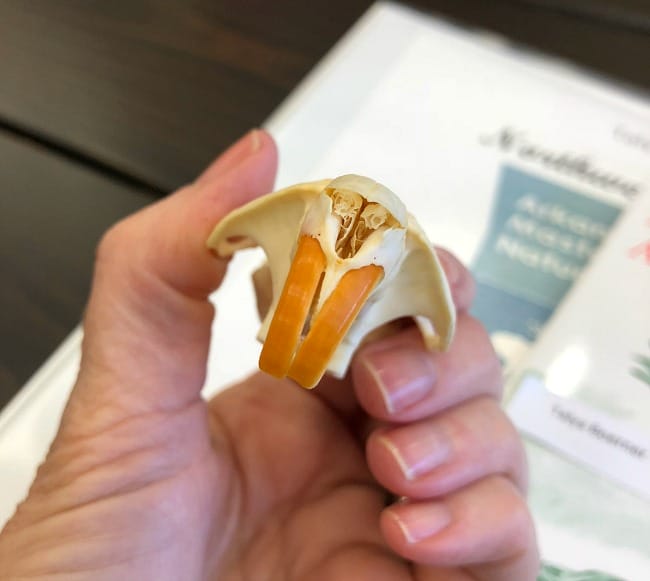
I can’t begin to wrap my brain around everything I’ve learned.
Two takeaways I know for sure…
I have so much more to learn. Even though the classroom and hands-on training are thorough, the program barely dips beneath the surface of Arkansas nature. A primary program goal is to provide an introduction to a variety of topics so the student can eventually dig deeper into a favorite area. Instruction topics for my training included Ozark geology, watersheds and stream study, mammals and skulls, animal tracking, herpetology, birds, insects, frogs and toads, mushrooms, flowers, native plants, and tree identification. That’s a lot to absorb!
I now see the world through different eyes. I no longer believe in striving for a pristine yard. Instead, I leave natural areas for insects and bugs and have begun adding more native plants to my garden. An old snag tree, once an eyesore, is now viewed as habitat for hundreds of species. Dried flower stalks provide bird seed. I trap spiders and take them outside. I may not remember all the various frog and toad sounds I heard during training, but now I notice distinguishable sounds. And I realize every nighttime noise isn’t a cicada. Since I learned that hummingbirds eat every ten minutes (during the day) and consume from half to 8x their body weight daily, I’ve become downright religious about changing my hummingbird nectar. Plus, I’ve added two more feeders.
I could go on. And on. A third take-away—I’ve become quite obsessed.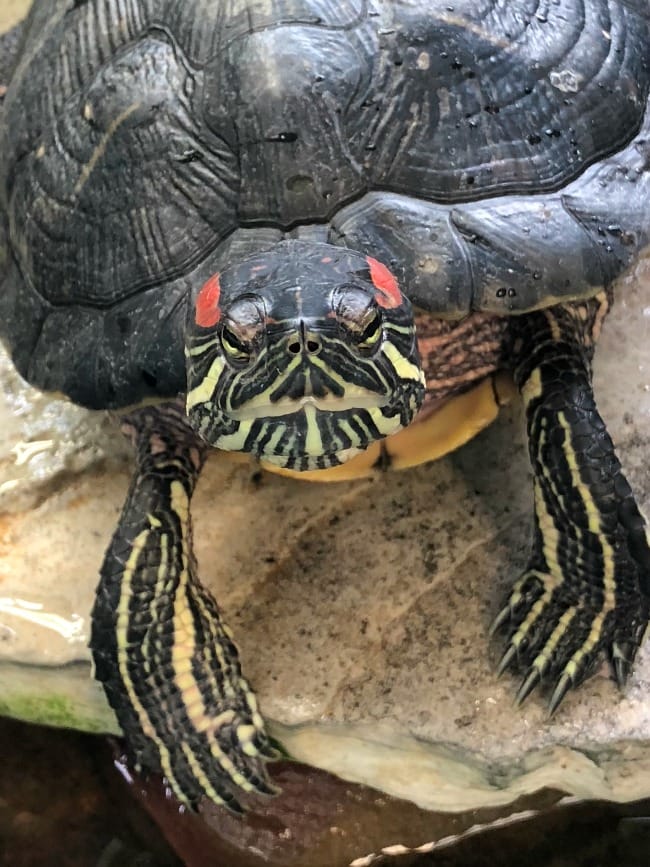
Are You Interested in Learning More?
Visit the Arkansas Master Naturalist website and blog for additional information. I hope you’ll consider joining this fun, hardworking group. Together, we can keep Arkansas natural.
Join the Conversation
Leave a Comment
8 responses to “Become an Arkansas Master Naturalist”
 Leave a Reply
Leave a Reply
We do the work.
You check your email.
Sign up for our weekly e-news.
Get stories sent straight to your inbox!










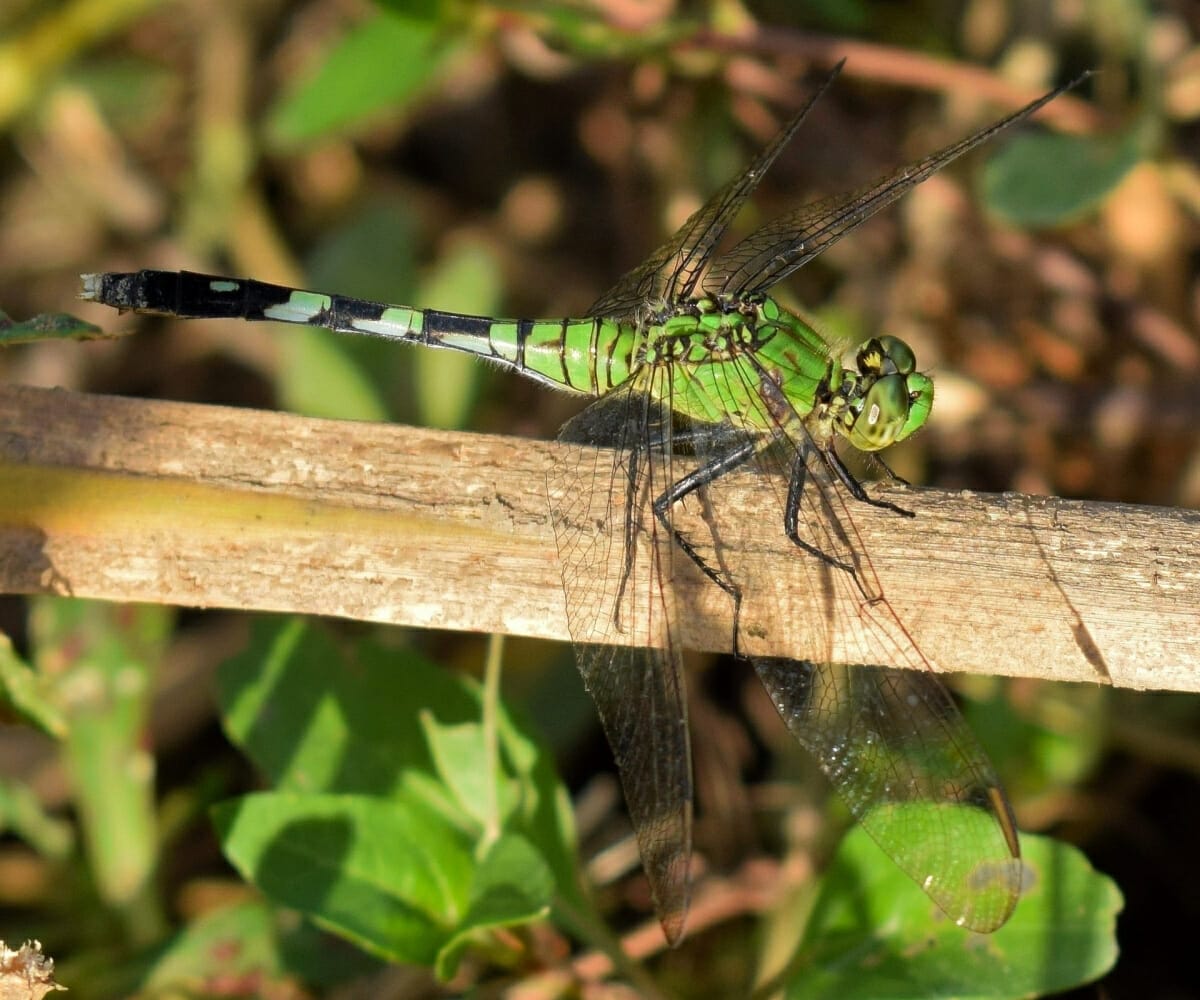
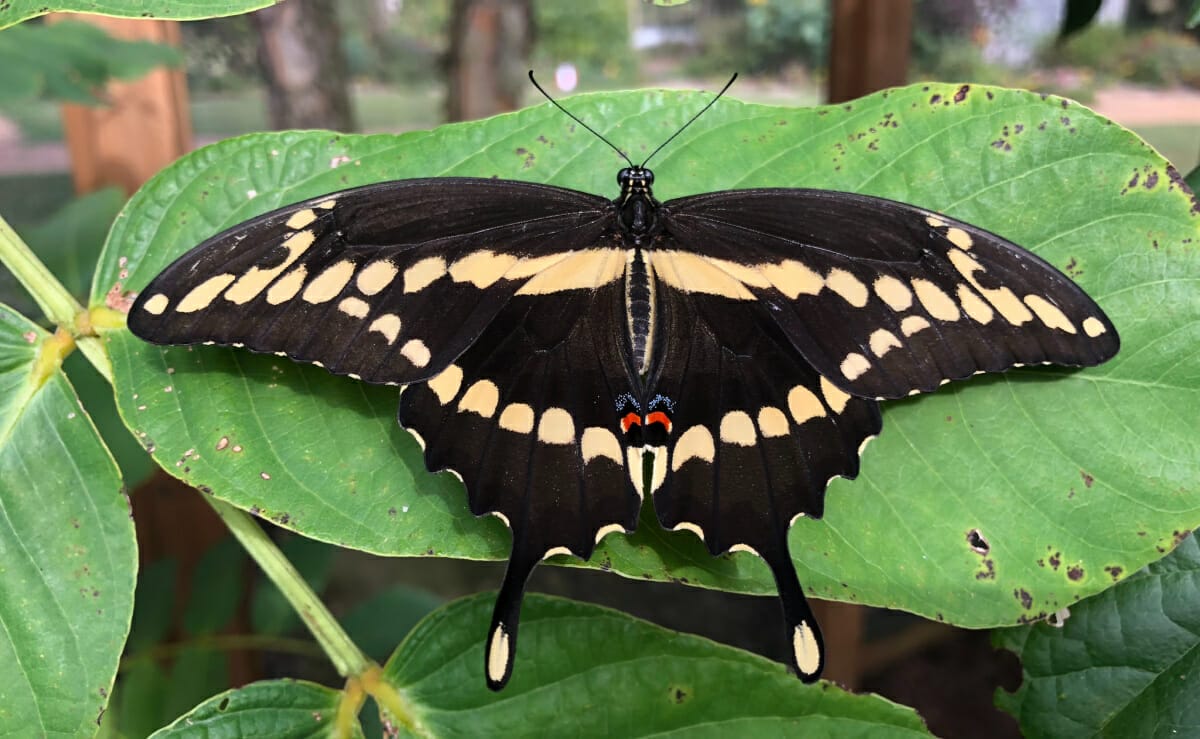
 Leave a Reply
Leave a Reply
[…] thing I learned from my Arkansas Master Naturalist training is to identify an insect before I start ridding my plants of it. And I’m so glad I […]
[…] of my favorite hobbies is watching birds at my backyard feeders and in the wild. Since becoming an Arkansas Master Naturalist, I’ve become more interested in protecting birds. I do what I can to provide desired habitat for […]
[…] to report on the local calls of frogs. I recently attended a Local FrogWatch training as part of Arkansas Master Naturalists and found so many answers. I was able to get answers to many of my questions and questions I […]
[…] time outdoors and learning about nature. To achieve that goal, my husband and I are completing our Master Naturalists training and a family goal of visiting at least 10 state parks this year, spending at least 14 […]
[…] carnivorous plants or other native plants, connect with the Arkansas Native Plant Society or the Arkansas Master Naturalist program. Witsell and his colleagues often lead field trips for these organizations to view many of […]
[…] became interested in butterfly gardening while completing my Arkansas Master Naturalist training in 2018. Of course, I’ve loved butterflies since I was a little girl. What kid […]
[…] Master Naturalists are citizen scientists and volunteer educators trained in a wide variety of areas involving the natural world. They’re a perfect pairing for the Arkansas Stream Team. However, the Stream Team also works with volunteers who advocate for the health and restoration of Arkansas and careful stewardship. Volunteers can range from clubs and organizations to individuals like landowners concerned about waterways on their property. Members can participate in stream clean-ups, attend municipal meetings to advocate for waterways, and even help rebuild eroding stream banks. […]
[…] and libraries thanks to their local agents and volunteers with 4-H, Arkansas Master Gardeners and Arkansas Master Naturalists. They assisted thousands and provided nearly $14,000,000 of free services to Arkansas […]